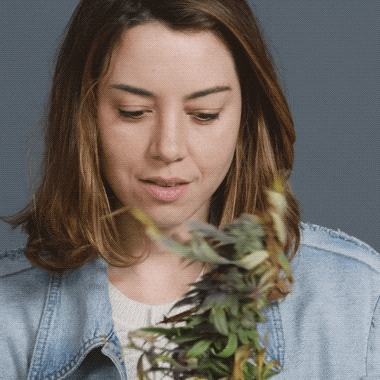The marijuana legalization debate continues in various parts of the country, with public safety as a key concern among those opposed to it. But, does marijuana legalization necessarily lead to more dangerous roads?
Several states in the United States, namely California, Maine, Massachusetts, and Nevada, all fully legalized marijuana in 2016. Since then, data indicates that traffic fatalities in these states have either declined or remained static in the subsequent three years. This contrasts with a slight uptick in fatalities in states where marijuana is still illegal.
A sweeping review of traffic data across the U.S. and Canada further establishes this point. It found no notable change in traffic accidents and fatalities post-legalization. Meanwhile, alcohol, which is legal throughout the U.S., is involved in nearly a third of all car fatalities.
Given the push for increased marijuana legalization, both for medicinal and recreational use, and with the federal government contemplating a potential "rescheduling" of the substance, an analysis of the relationship between marijuana legalization and road safety is pertinent.
The Methodology Behind the Data
For consistency, the study focused on four states that legalized marijuana in 2016: California, Maine, Massachusetts, and Nevada. The primary metric used was deaths per 100,000,000 vehicle miles, sourced from the National Safety Council (NSC). The study compared death rates in these states post-legalization to national averages and to figures from states where marijuana is still illegal, such as Idaho, Indiana, Kansas, Nebraska, and Wyoming.
Insights from Traffic Fatality Data
Data from the NSC reveals that while there are several factors influencing traffic fatalities, marijuana legalization does not seem to be a definitive one. Initial data from 2016 to 2021 showed an increase in vehicle deaths in legalized states and a decrease in states where marijuana is illegal.
However, removing data from the anomalous years of 2020 and 2021, due to their unique challenges, paints a different picture. From 2016 to 2019, traffic fatality rates in states that legalized marijuana in 2016 decreased more than the national average. Notably, of the four states that legalized marijuana in 2016, none saw an increase in traffic fatalities between 2016 and 2019.
State Agencies Weigh In
According to Quartz, Judi Watters, of the Maine Bureau of Insurance, further underscores the non-impact of marijuana legalization on insurance practices in the state. A comprehensive report from the Casualty Actuarial Society (CAS) in December 2022 titled “Assessing the Impact of Marijuana Decriminalization on Vehicle Accident Experience” also supported this. The report, analyzing data from the U.S. and Canada between 2016 to 2019, found that decriminalization did not lead to riskier roads in either country.
What Does Marijuana Do to Drivers?
While legalization hasn't been correlated with more accidents, it's essential to note that driving under the influence of cannabis is not without risks. Multiple studies, such as one in The American Journal of Addictions (AJA), affirm marijuana's effect on cognitive functioning and motor skills, impacting driving ability.
However, while marijuana affects driving abilities, it doesn’t necessarily lead to unsafe driving behavior. The AJA study noted that most marijuana-intoxicated drivers exhibit only slight impairment in actual road tests, with regular users showing even lesser functional impairment.
Should Traffic Safety Concern Influence Marijuana Legalization?
As the legalization wave progresses, with 23 states and the District of Columbia now allowing recreational marijuana use, the data suggests that fears of increased traffic fatalities due to legalization may be unfounded.
In comparison, alcohol, which is legally available across the U.S., has been a consistent factor in a substantial portion of traffic fatalities. Yet, the debate on marijuana legalization often leans heavily on safety concerns, which so far, have not been supported by traffic fatality data suggesting that those fears might be misplaced.
Misplaced indeed.
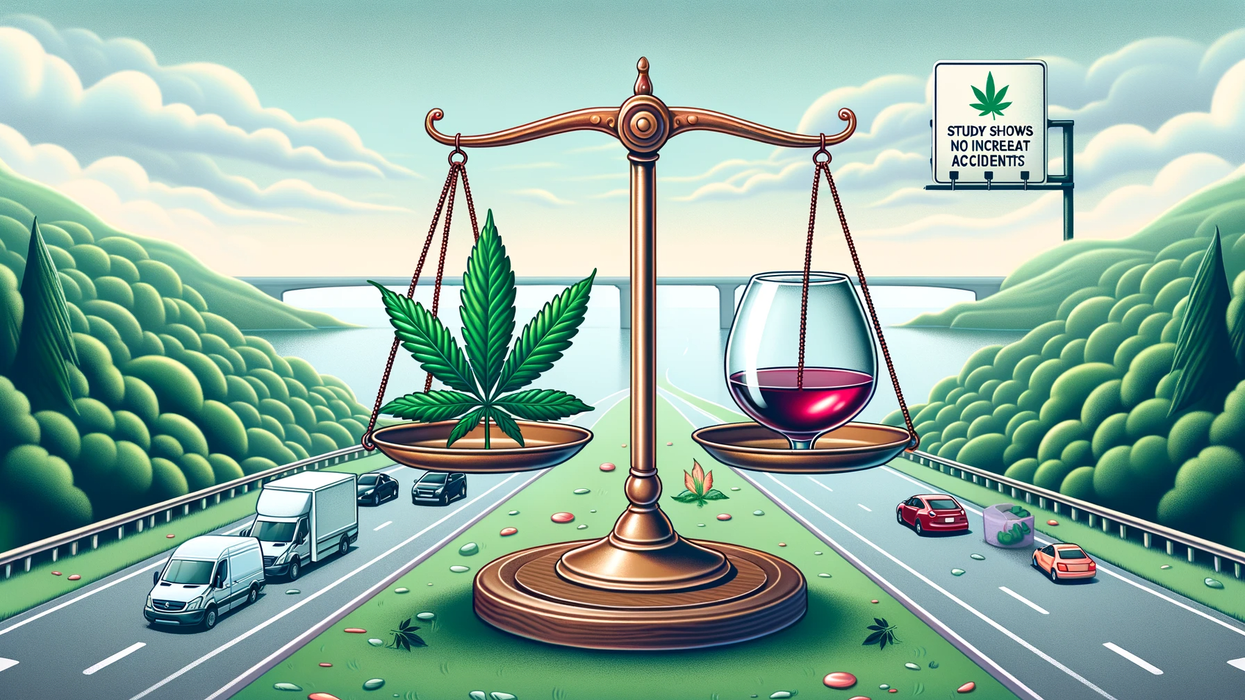

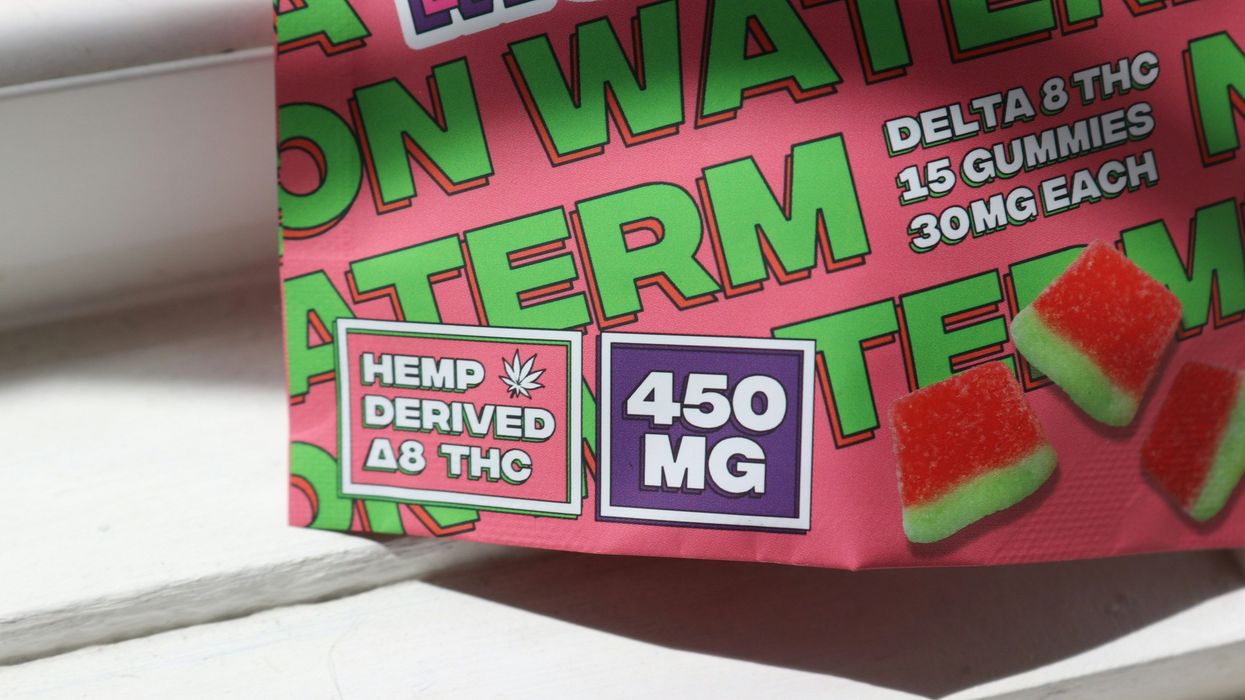




 11 Signs You've Greened Out and How to Handle It - The Bluntness
Photo by
11 Signs You've Greened Out and How to Handle It - The Bluntness
Photo by  11 Signs You've Greened Out and How to Handle It - The Bluntness
Photo by
11 Signs You've Greened Out and How to Handle It - The Bluntness
Photo by 






 How to Make a Cannagar Without a Mold: A Comprehensive Guide - The Bluntness
Photo by
How to Make a Cannagar Without a Mold: A Comprehensive Guide - The Bluntness
Photo by 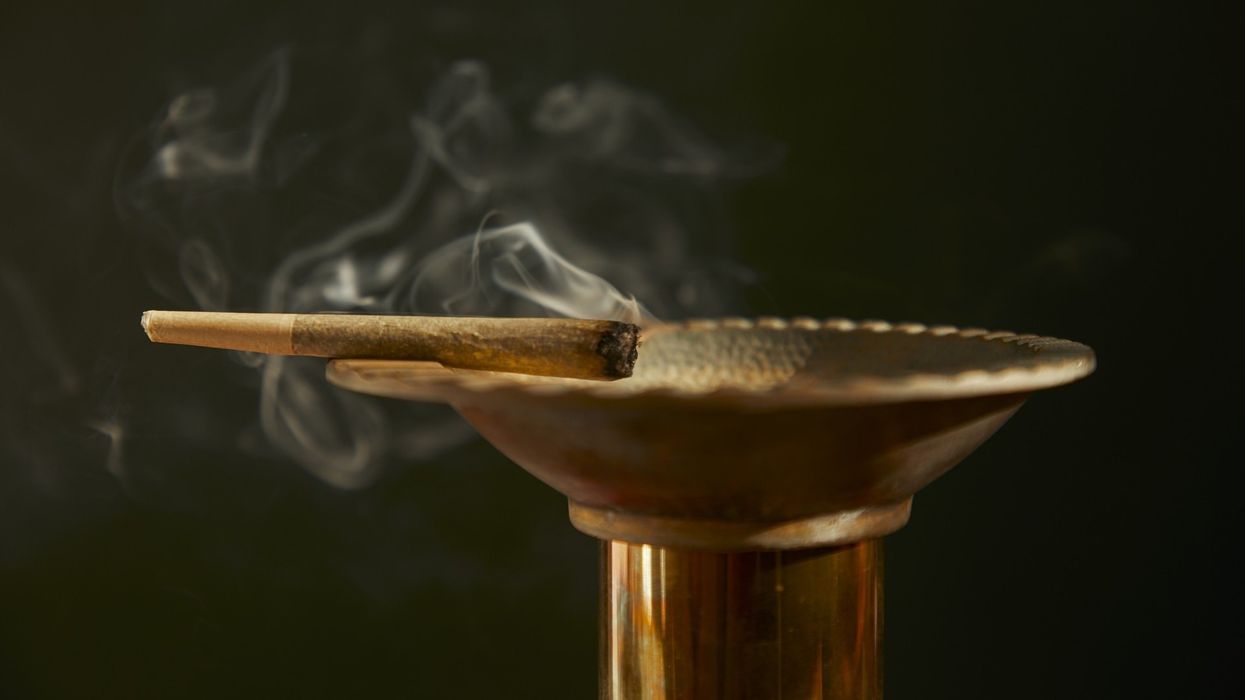
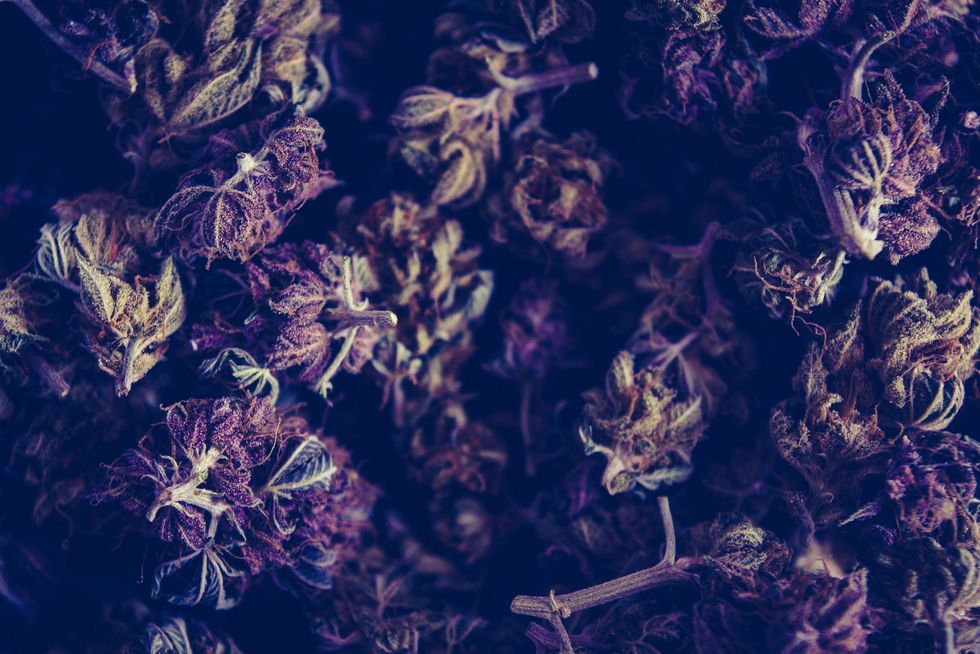 What is reggie weed? - The Bluntness
Photo by
What is reggie weed? - The Bluntness
Photo by 
 What will you do with that cannabis kief collection? - Make Coffee! The Bluntness
What will you do with that cannabis kief collection? - Make Coffee! The Bluntness DIY: How to Make Kief Coffee - The Bluntness
Photo by
DIY: How to Make Kief Coffee - The Bluntness
Photo by 